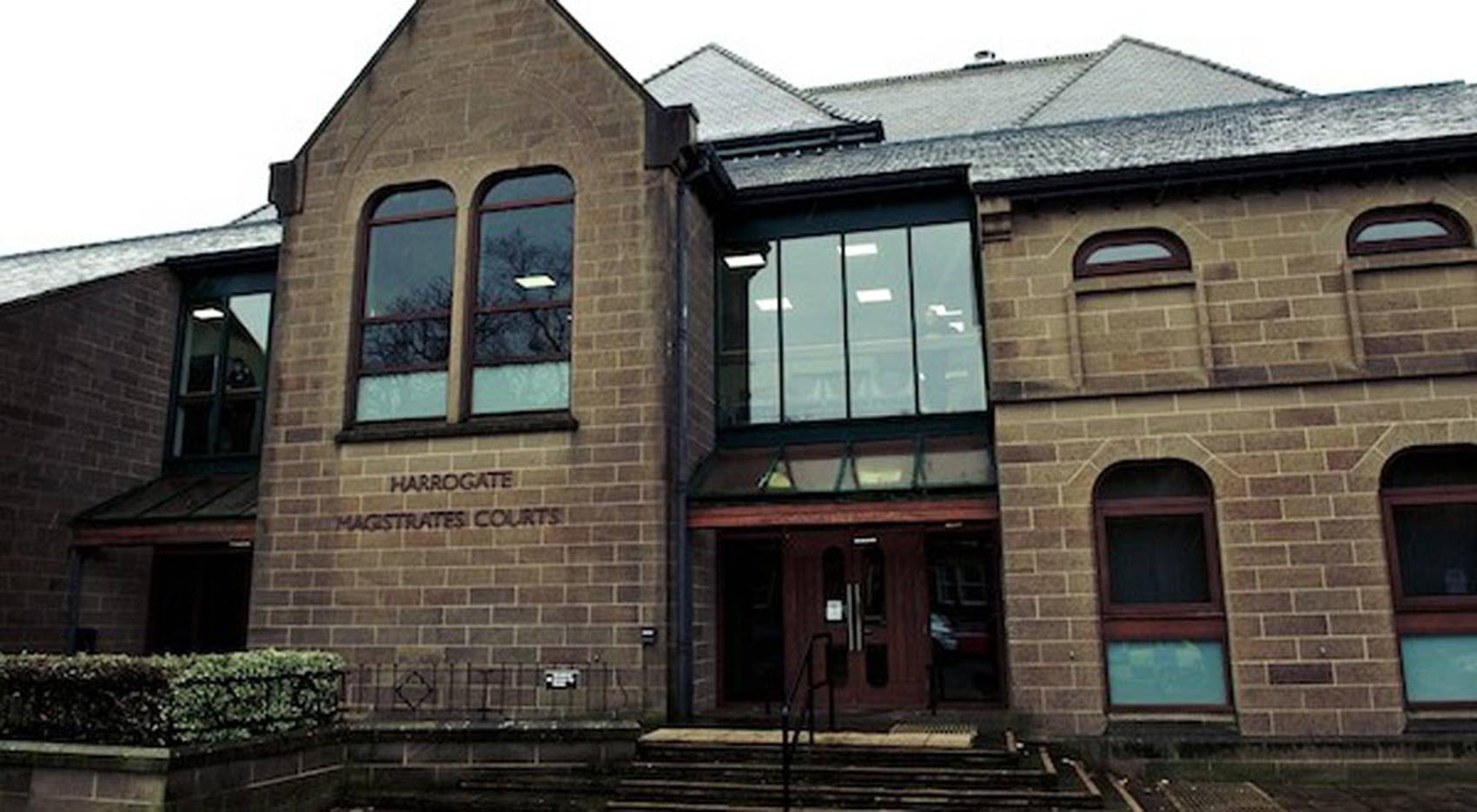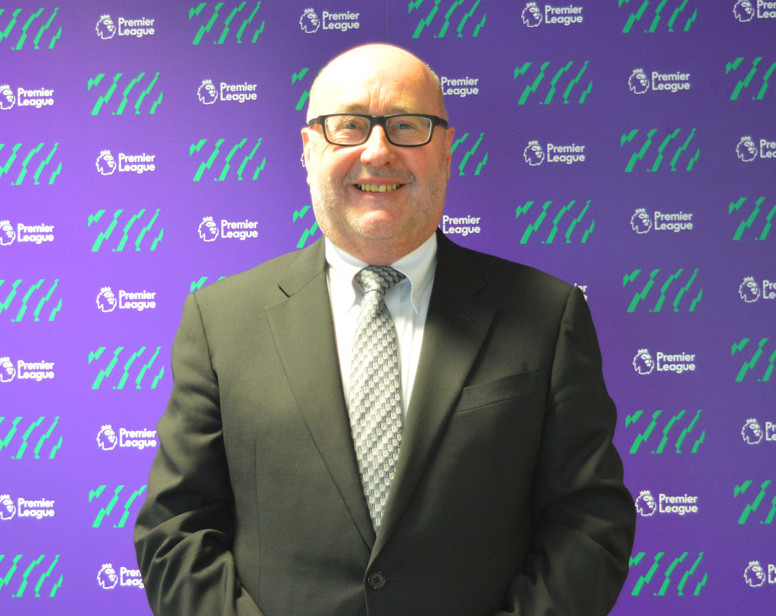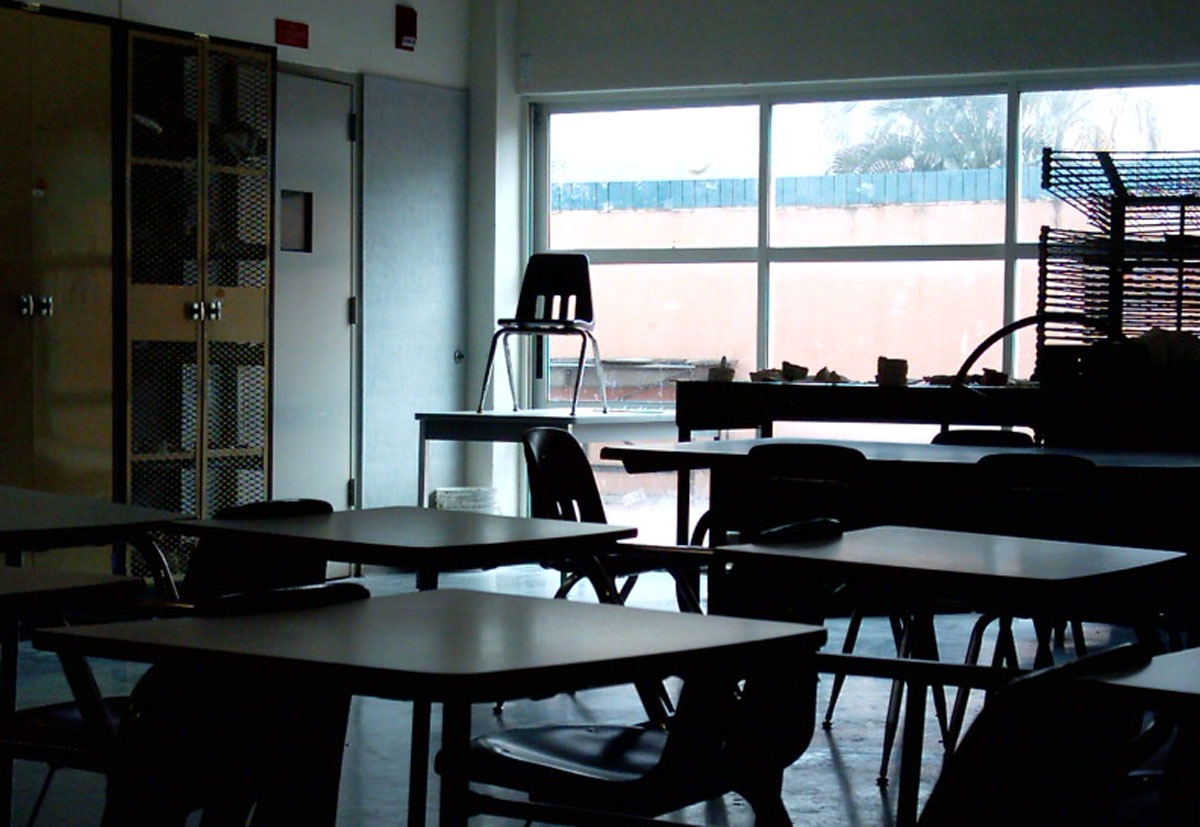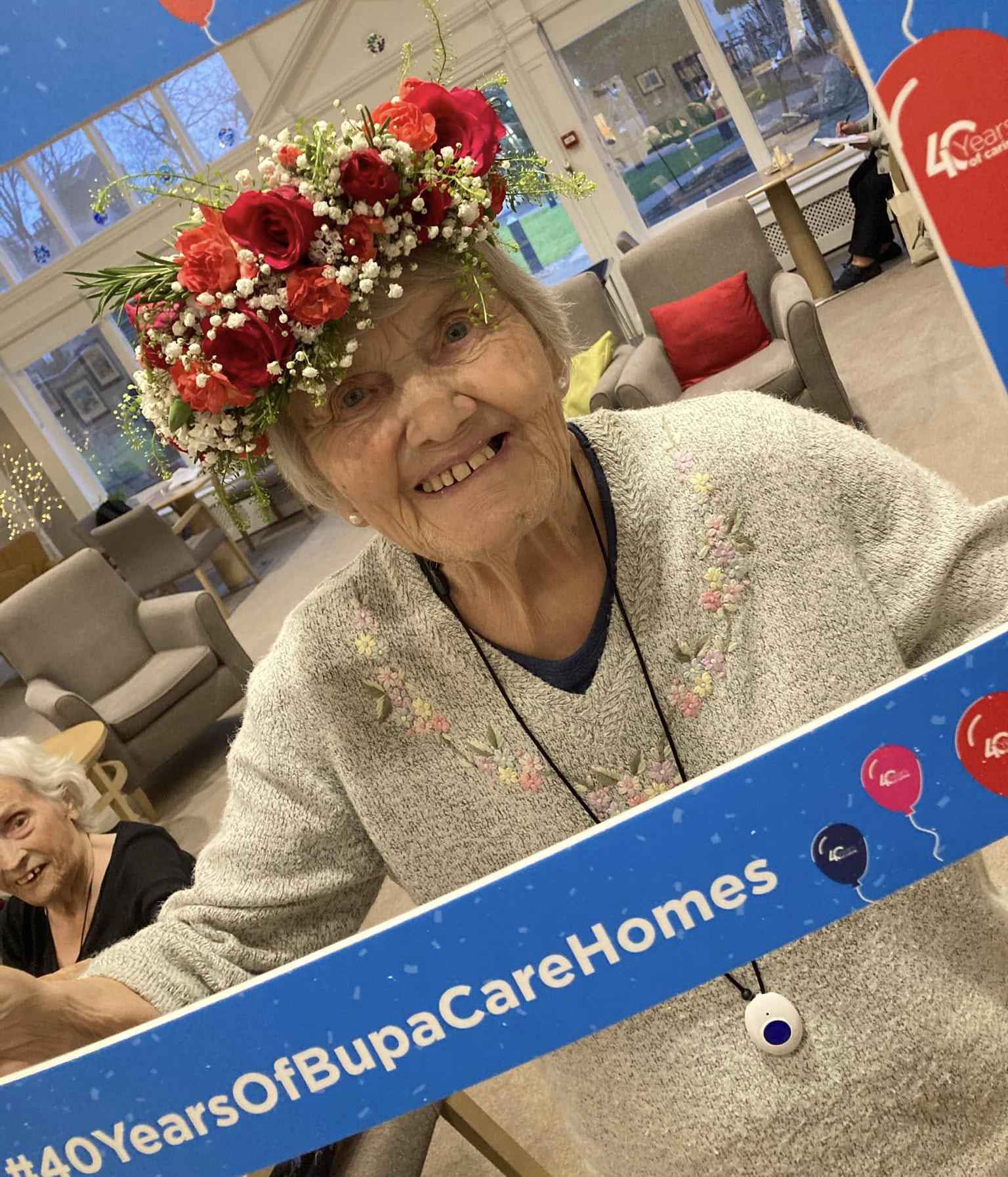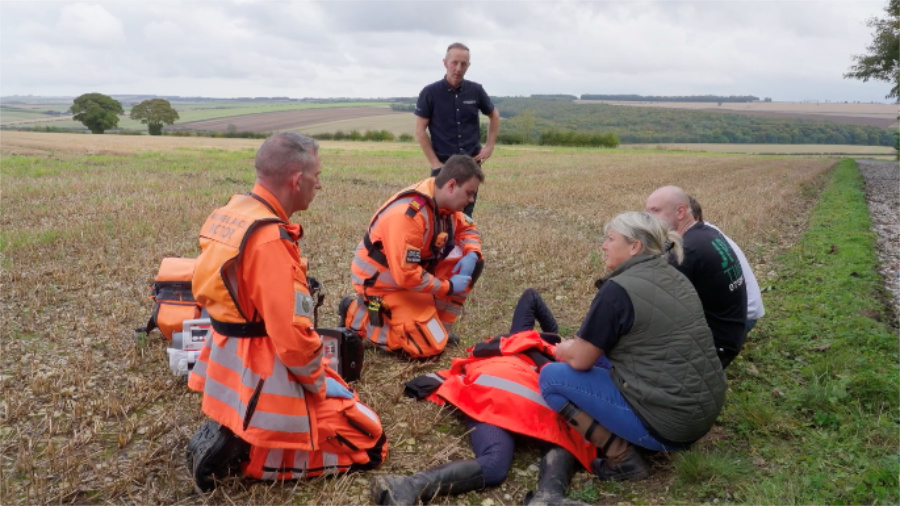North Yorkshire’s Police, Fire and Crime Commissioner is bringing together key partners and organisations from across the county in an effort to ensure domestic abuse survivors, and their children, are treated fairly in the family courts.
Julia Mulligan commissioned a report to discover what was happening, assess the processes involved and find out what can be done to improve the situation currently being faced. It is estimated at least seven in ten cases in the family courts have domestic abuse as a factor.
To read the report: Report – Domestic Abuse Family Courts
- The study found that while there are good people with good intentions working day-in, day-out to help survivors, all too often the system itself is causing trauma and stress and forcing them back into close proximity with their abusers, after they have taken the difficult and brave step of leaving abusive partners.
- Conducted by the Independent Domestic Abuse Services (IDAS), the largest specialist domestic abuse service in Yorkshire, a range of evidence was collected and used, from victims and survivors themselves, to support workers, mediators, policing, Cafcass, the judiciary and others.
The report finds that:
- While the intention is always to protect domestic abuse survivors and their children, it can often be a source of further stress and anxiety.
- 61 per cent said they did not feel safe in family courts and half said they were not well prepared for the experience.
- The system is sometimes deliberately used by perpetrators to inflict trauma on their victims, employing its traditional and often complex procedures for their own ends – with former partners trying to exert control over survivors, using the family court as a weapon in their abuse.
- Limited access to legal support is having a detrimental impact upon people’s access to justice and to the safeguarding of children.
Opportunities to support survivors and their families are being missed because key information and data is not shared by those involved in the system.
A series of recommendations – some national, some local – are put forward in three themes:
- More support for people attending court, including Legal Aid and Litigants in Person
- Nationally, the government must ensure women and children are supported to get the Legal Aid they need to access justice. Locally, that could include developing a network of pro-bono solicitors for particularly vulnerable survivors.
Domestic Abuse best practice
- Nationally, there should be an independent inquiry into the family court and its associated stakeholders.
- Locally, partners should agree data which can be obtained and shared to provide an insight into the effectiveness of the safeguarding of survivors and their children involved in family court proceedings so that improvements can be made.
Civil and Criminal
- Nationally, a nationwide system for recording and flagging protective orders to improve safeguarding of victims and survivors and enable Police officers to more effectively respond to breaches should be implemented.
Locally, North Yorkshire Police should work with partners to develop a pilot programme to record orders on the Police National Database. The aim is to improve the intelligence on offenders, improve enforcement and rates of prosecution from breaches of non-molestation orders.
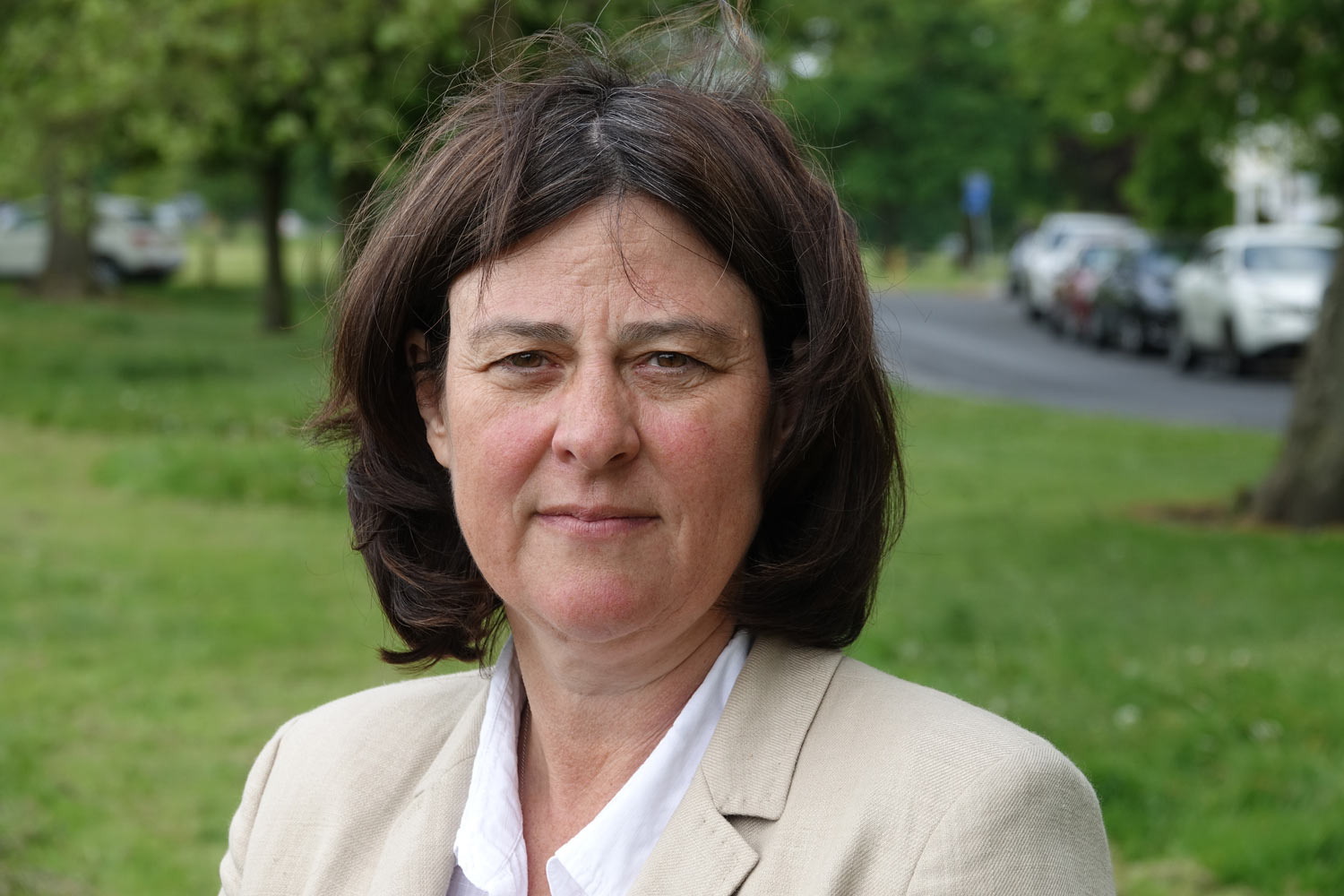
Julia Mulligan, North Yorkshire’s Police, Fire and Crime Commissioner, said:
This much-needed and well-written report lifts the lid on the complexities and challenges in the system, seeking feedback from those who have found it a struggle. Not everyone has experienced these challenges, and indeed the family courts, Cafcass, support services and others do work well together to keep children protected and individuals safe.
However, collectively we need to be honest about those times when men, women and children feel let down and failed by the system, albeit more often than not, women are most the impacted. I am grateful for the feedback and conversations that took place during the drafting of this report, and look forward to an open and constructive conversation about how we can collectively improve, here in York and North Yorkshire as well as more widely.
The recommendations do make it clear that measures need to be taken, and we need to think about how we can make positive change, as quickly as possible. Some recommendations in the report are ‘national’ and therefore somewhat out of our hands directly, but that shouldn’t stop us adding our voices to those already calling for change.
In joining together to make our local improvements, I am confident we all share the same goal, which is to protect children and families as best we possibly can.
Sarah Hills, Chief Executive of IDAS, said:
Many of the people we support tell us that family court proceedings can leave them feeling unsafe and worried about having to facilitate contact between their children and abusive ex-partner. The funding for this review provided the opportunity for us to work closely with victims and survivors and also our partners involved in the family court to understand these views and concerns. It also provided the opportunity for us to consider actions and recommendations for improvements to the operation of the courts locally and to improve the support victims receive through the court process.
Over the coming months and years, further work will take place in collaboration with local partners to improve the safeguarding of victims, survivors and their children going through the family courts. In York and North Yorkshire this will mean that we have the opportunity to pioneer new ways of working that will help offer the safety and protection that victims so need.

